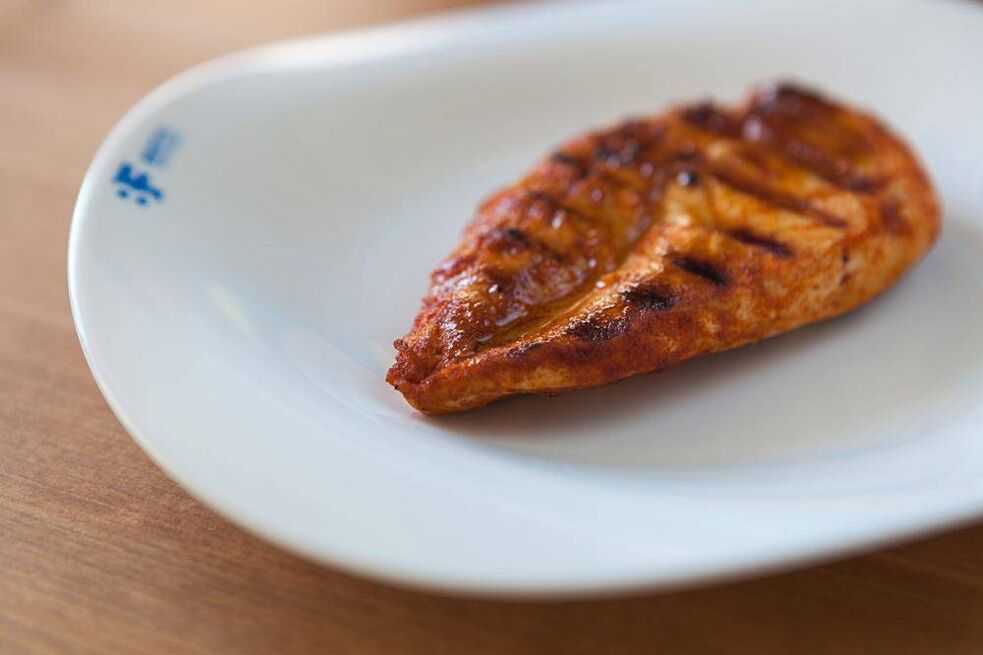
When you're low on carbohydrates, your body needs an alternative source of energy to break down muscle protein proteins. By eating enough protein, you can prevent muscle breakdown and switch your body to burning fat.
This is the whole point of the ketogenic diet. It creates the illusion of starvation for the body, although in fact you get enough energy from protein and fat. This dietary regimen triggers ketosis, in which the body breaks down fat primarily as an energy source.
There can be no definite answer to the question of which diet is the most effective for burning fat. Let's take a look at the pros and cons of a ketogenic diet.
Cons of the ketogenic diet
The main disadvantage of the ketogenic diet is that it severely restricts nutrition. You will have to cut out all carbohydrates, including vegetables and fruits, for ketosis to kick-start quickly and last.
The disadvantages include the appearance of bad breath, due to the abundance of protein in the diet.
Pros of a keto diet
On a ketogenic diet, you consume your usual calorie intake (or slightly less), so you are not hungry. Once ketosis kicks in, you can diversify your diet with fibrous vegetables such as broccoli, spinach, and asparagus.
What's more, super-intense workouts are easier on the keto diet because the body has a store of fat ready to be broken down. This is useful when preparing for a competition.
Finally, the ketogenic diet produces results much faster than any other weight loss item.
Sample menu on a ketogenic diet
Before moving on to an example menu for the day, let's define what you can and cannot eat on a keto diet:
- You can: meat, fish, cheeses, eggs, oils, protein products with a very low carbohydrate content;
- Don't: Sugar, grains, processed foods, fruits and vegetables, milk (due to lactose).
So now for an example of a daily diet on a ketogenic diet:
Breakfast
- Bacon, eggs
- Late breakfast
- Cheddar cheese, ham
Dinner
- Salmon, avocado (or chicken with mayonnaise)
Before training
- Whey Protein, Creatine, BCAAs, Glutamine
After workout
- Whey Protein, Creatine, BCAAs, Glutamine
Dinner
- Steak, spinach with olive oil
Second supper
- Boiled eggs, turkey breast (or casein protein)































